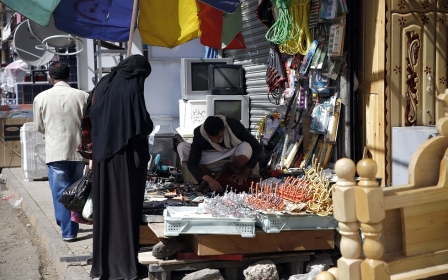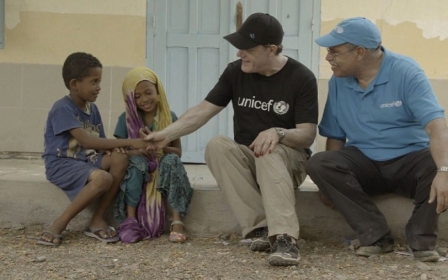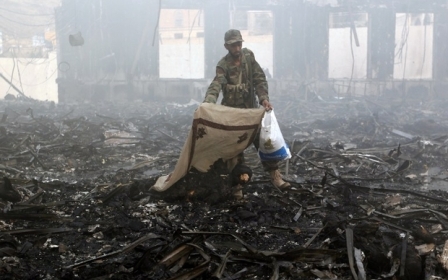Nearly 70 people killed in 24 hours of intense Yemen fighting

Clashes in Yemen killed at least 66 people in 24 hours, medics and security sources said on Sunday, as anti-Houthi forces pushed to oust the rebels from a key stretch of coastline.
Air strikes by a Saudi-led coalition and fighting near the strategic Bab al-Mandab strait killed at least 52 fighters among Shia Houthi rebels and allied troops loyal to ex-president Ali Abdullah Saleh, the sources said.
Fourteen fighters from the pro-government forces were also killed.
Forces loyal to President Abd Rabbuh Mansour Hadi launched an extensive offensive on 7 January to retake the Dhubab district overlooking the Bab al-Mandab, a key maritime route connecting the Red Sea and the Indian Ocean.
Coalition warplanes and Apache attack helicopters have been pounding rebels in support of anti-Houthi forces advancing towards the Red Sea city of Mokha, military sources said.
By Sunday, loyalist forces were within 10 kilometres of Mokha, they said, but the offensive has been slowed by mines laid by rebels.
The rebels took their dead to a military hospital in Hudaida, a major western port city they control, a medical source told AFP.
The hospital received 14 dead on Saturday and 38 on Sunday, as well as 55 wounded rebels, the source said.
Among the forces fighting the Houthis, 14 soldiers were killed and 22 wounded, according to medics in the southern port city of Aden where Hadi's government is based.
The Saudi-led coalition intervened in Yemen in March 2015 in support of the president.
But despite its massively superior firepower, the rebels and their allies still control the capital Sanaa and much of the central and northern highlands, as well as the 450-kilometre (280-mile) Red Sea coast.
United Nations peace envoy Ismail Ould Cheikh Ahmed arrived in Sanaa on Sunday for talks and to push a peace plan that would restore a ceasefire and lead to a political transition in the country.
The plan would lead to a political transition under which Hadi's powers would be significantly reduced.
The World Health Organization says that more than 7,400 people have been killed since the coalition intervention began.
A UN spokesman has said the civilian death toll alone could top 10,000.
New MEE newsletter: Jerusalem Dispatch
Sign up to get the latest insights and analysis on Israel-Palestine, alongside Turkey Unpacked and other MEE newsletters
Middle East Eye delivers independent and unrivalled coverage and analysis of the Middle East, North Africa and beyond. To learn more about republishing this content and the associated fees, please fill out this form. More about MEE can be found here.




